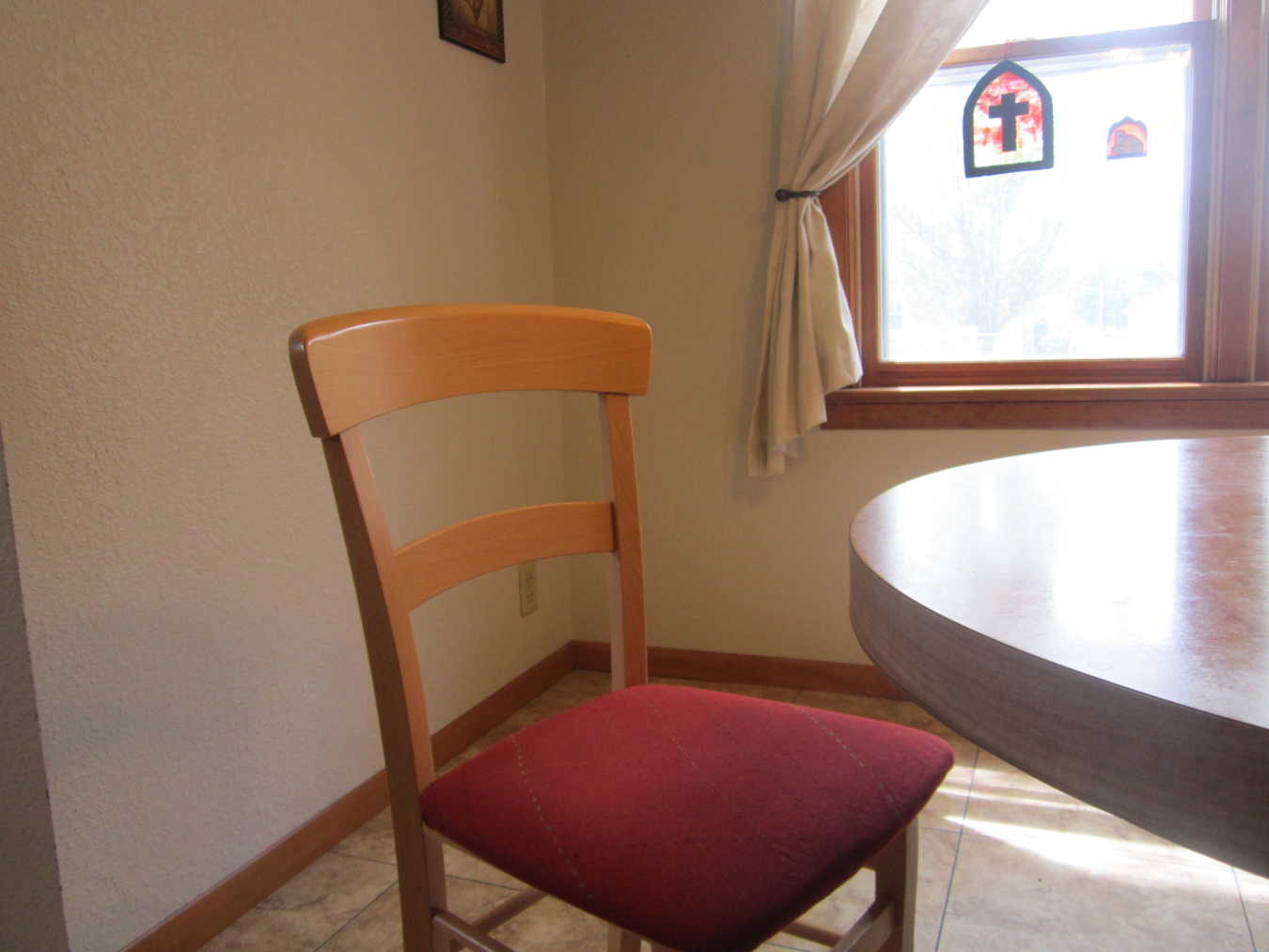When I clicked “publish” on The Scandal of the Evangelical Bicep, I had no idea that it would be shared so widely. The response has been extraordinary, and I have been amazed at how many men have commented or sent messages of thanks. Their response largely confirms to me that there are many places in the church where men feel marginalized, unwelcome, or as though their voices do not matter because they do not embody stereotypes for what men should look like.
I also experienced a push back, which I expected. But, within that push back, what I heard was a wondering if I thought men shouldn’t enjoy hunting, sports, beer, and football. I heard stories of men who felt excluded and unwelcome in their churches if they enjoyed things that are stereotypically masculine. What I heard was the resounding question, “Is there room for me in the church?”
And really, I think we’re all asking that. When we paint pictures of rigid roles and expectations inside the church, we marginalize someone somewhere. When we say “all men should ___” or “all women should ___” we are neglecting someone’s (or even lots of people’s) unique gifts and talents. We are oversimplifying what it means to be a Christian, and we are ignoring the movement of the Holy Spirit within our churches.
I remember sitting in a college classroom feeling both energized and conflicted. The class was about the intersection of theology and culture, and I suddenly felt an overwhelming sense that God was calling me into ministry. For years I had been told that I was a gifted leader, which always surprised me given how quiet I have always been. The sense of call itself didn’t surprise me because I had always felt God nudging me towards something.
But, I was surprised to think that perhaps I was suited for church ministry. I had been growing to understand my gifts for leadership, and I had begun to find a niche in public speaking, but there was a problem. Nearly everyone around me was telling me that women could not be in church leadership. If a woman used her gifts for leadership in the church, she was sinning. Worse yet, she was unbiblical in every way. I was even told that if I felt these nudges toward leadership that those nudges themselves were sinful.
I found myself wondering regularly why I would have gifts only to have to fight against them for the rest of my life.
I wondered if there was room for me in the church – the church that raised me and loved me. And, asking myself that question was one of the most painful things I’ve had to do in my life.
Here’s the thing: I’m not trying to say that the Christian life should be a free-for-all where we accept and embrace every single thing about every single person because we don’t want to be mean. What I hope we consider is whether we are putting up walls where there shouldn’t be any, whether we are limiting the spread of the gospel because we are afraid of our neighbors, whether we are putting stumbling blocks in the paths of our brothers and sisters because we want to keep our little clique safe from infiltration.
Creating dividing walls is a serious matter. When we do it, we are bound to wound people. We will be communicating something to the world about God. I’m not saying it’s never important or necessary to do. But do those walls need to include where men and women ought to function within the life of the church? What about the man who derives great satisfaction from making and decorating cakes? What about the woman who is a gifted teacher? What about a man who is a skilled basketball coach? What about the woman who finds great meaning in staying home with her children?
Is there room at the table for these gifted people? Are their voices important, their gifts worth utilizing and appreciating? Or do they simply not fit what we’ve come to expect from people, and should be viewed with great suspicion?
When the Apostle Paul uses the concept of the body (Romans 12, and elsewhere) to discuss what the church is like, he encourages the Christians in Rome to value the gifts given to each member. Those gifts serve a purpose within the body, and when everyone can use their gifts and function well, the body will be healthy, vibrant, and a beautiful representation of the in-breaking kingdom of God.
Is there room at the table for the gifts God has given to each of us? Is there room here for one more? Will we invite our brothers and sisters to the table, and once they are there, will we listen to them?

